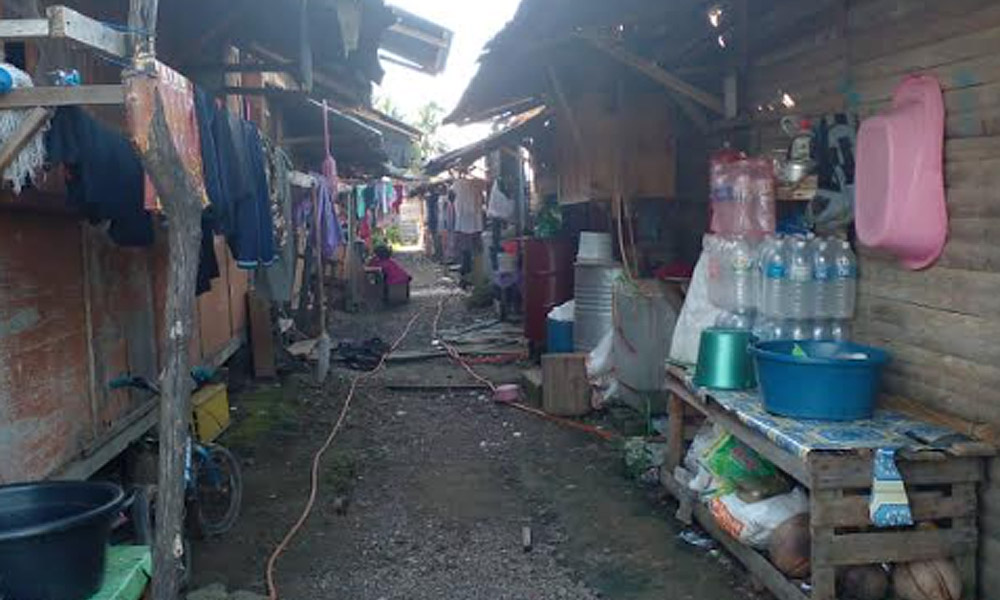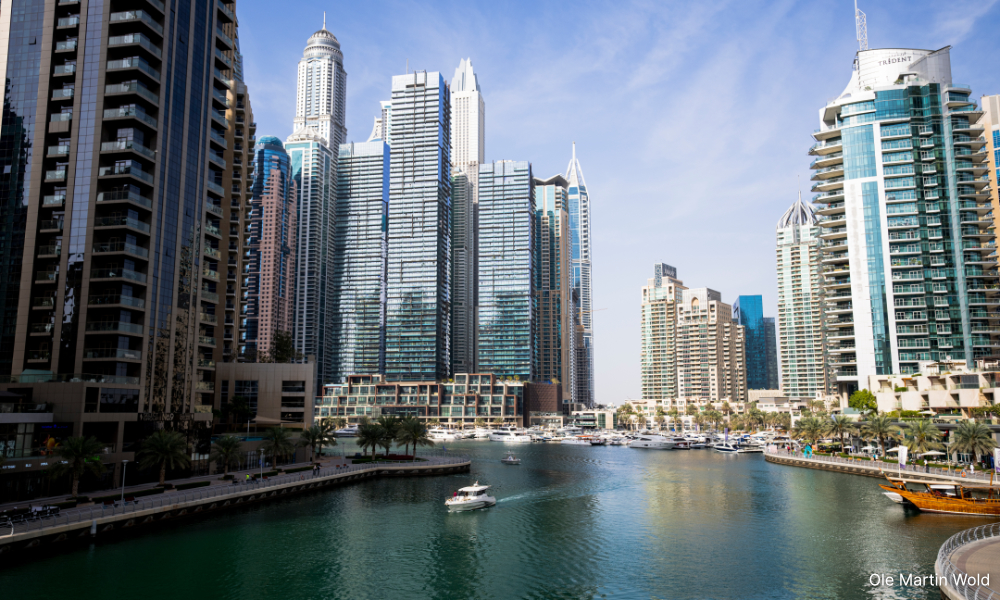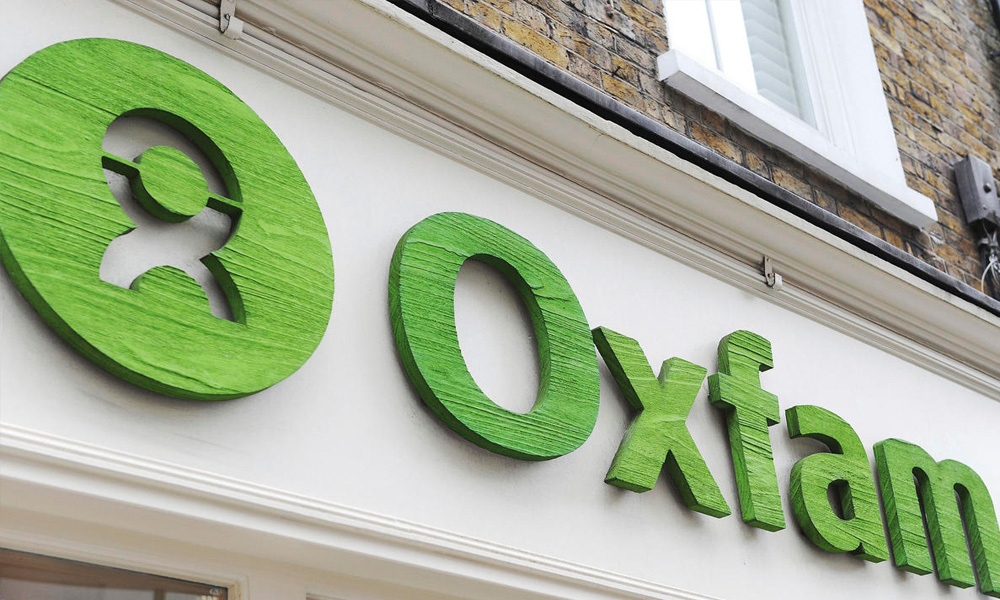An axiom that floats around and is oft quoted these days is that one percent of the world owns 50 percent of the wealth. If that’s true, it holds enormous policy implications, not only for the world but for Malaysia, especially in the coming budget.
For one, it means that wealth distribution efforts are doomed to fail in the short term right from the start given the extent of inequality in the world today. It is a massive problem that cries out for major tax and other social reforms, the likes of which have never been seen before.
At the most basic level, it means a considerable and inexorable adjustment in wages by much larger amounts than they are currently being adjusted. And it needs a major reform that will tax the rich at much higher levels than they have been used to.
But first, a dive into the figures. That figure of one percent owning 50 percent of wealth is true - the order of magnitude is correct, according to figures given by the well-known charity Oxfam, which works with 21 NGOs that have partners in over 90 countries. These have not been disputed.
In a briefing paper titled “Survival of the richest: How we must tax the super-rich now to fight inequality”, it said the richest one percent hold 45.6 percent of global wealth, while the poorest half of the world has just 0.75 percent. Shocking!
Ever-widening gap
Further, since 2020, the richest one percent have captured almost two-thirds of all new wealth – nearly twice as much money as the bottom 99 percent of the world’s population. That means the gap is widening more and more.

A deeper dive reveals the following:
- ADS
Billionaire fortunes are increasing by US$2.7 billion a day, even as inflation outpaces the wages of at least 1.7 billion workers, more than the population of India.
Food and energy companies more than doubled their profits in 2022, paying out US$257 billion to wealthy shareholders while over 800 million people went to bed hungry.
Only four cents in every dollar of tax revenue comes from wealth taxes.
Half the world’s billionaires live in countries with no inheritance tax on money they give to their children.
A tax of up to five percent on the world’s multi-millionaires and billionaires could raise US$1.7 trillion a year, enough to lift two billion people out of poverty and fund a global plan to end hunger.
Eighty-one billionaires hold more wealth than 50 percent of the world combined.
Ten billionaires own more than 200 million African women combined.
Each of these bulleted points is simply outrageous. This situation needs to be rectified over years and even decades, with a start being made as soon as possible. Otherwise, a cataclysm such as the world has not seen before may result from a popular revolution on the ground - the classic class war that socialism has been predicting.

We don’t have similar statistics for Malaysia, but it is inevitable that the broad strokes will be similar here. We may not be in a position to address this worldwide but we can start doing things to move it in the right direction here.
We continue to make pathetic attempts with similarly pathetic results to redistribute wealth between races, not realising that this is not the main problem - income and wealth inequality of massive proportions.
We have to act quickly
That needs a structured and nuanced approach on two fronts, and to convince all parties that not taking proactive measures and cooperating in this effort is to court social disaster and instability in the not-too-distant future, which will be perilous for all.
The first is to ensure that there is a more equal distribution of the income earned between labour (mostly the poor) and between the providers of capital. In the long run, it will also help address wealth inequality.
As I wrote in my column last week titled “Keep NEP but change its focus”, labour share of income in Malaysia did rise from 35 percent in 2015 to 37.4 percent in 2020, but slipped to 35.1 percent in 2021 and 32.4 percent in 2022, data from the Statistics Department indicate.

For comparison, labour’s income share in the European Union’s “Big Four” in 2021, namely Germany (61.4 percent), France (59.8 percent), Spain (59.1 percent) and Italy (58 percent) was much higher, an indication of the long way we have to go in terms of wage reform and giving labour a fairer share of GDP.
The only way to do this as quickly as possible is to progressively keep increasing wages at a rate that the economy can bear (it’s much higher than the owners of capital say it is - they will just make less profits, that’s all).
That will also mean the tough decision of cutting off access to cheap foreign labour, a business that has a lot of political impact because politically well-connected people are in the business of procuring this labour. It brings no benefits to others besides owners of capital.
And the people who use this cheap labour will cry out loud as if they are being slaughtered when all they will be required to do is moderate profit growth. When a minuscule number of people own most of the capital and take almost 70 percent of the income generated, things are unfair.

Levy higher taxes for super-rich
The other thing that the government needs to do is increase taxes at the top bracket for those earning millions and billions of ringgit. Why does the marginal rate for these people have to remain at 28 or 30 percent?
Why can’t those who earn more than RM1 million a year be taxed 40 percent on the margin? And those who earn above RM5 million annually are taxed 45 percent, and so on, until the top tax rate reaches 60 or 70 percent even.
As Oxfam points out: “Taxes on the richest used to be much higher. In the United States, the top marginal rate of federal income tax was 91 percent from 1951 to 1963; top inheritance tax rates stood at 77 percent until 1975; and the corporate tax rate averaged just above 50 percent during the 1950s and 1960s.
“There were similar levels of taxes in other rich nations. These high levels of tax were supported across the political spectrum and existed side by side with some of the most successful decades of economic development we have seen.”

I am not saying we do this overnight. It needs to be done over time but not over too long a period because time’s short and income gaps are widening in the meantime. Drastic action is needed to reverse that.
That means we, too, have to consider, in addition to wage reforms and an inheritance tax, a capital gains tax and a value-added tax to widen the net on the rich who avoid and evade income taxes. The situation is serious enough to warrant haste. - Mkini
P GUNASEGARAM says brave efforts are needed to ward off the ill effects of the inevitable - it reduces suffering in the long term.
The views expressed here are those of the author/contributor and do not necessarily represent the views of MMKtT




No comments:
Post a Comment
Note: Only a member of this blog may post a comment.